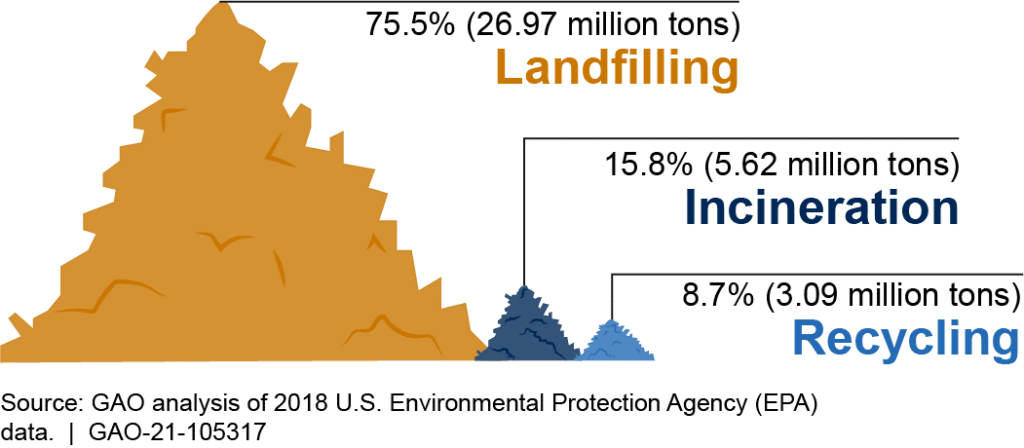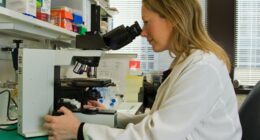The problem of how to responsibly deal with plastic waste is massive, complex, and getting worse. Global plastic production is rising, recycling is largely nonexistent or inefficient, plastic waste is estimated to take up 14-18% of landfill space in the US, and single use plastic is leading the way. It’s an issue that crosses ideological divides. Fox News is reporting on US federal government initiatives to limit single use plastics, CNN is running major features and calling for big solutions, The Washington Post is going in depth on the impact in developing countries, Reuters is covering the discovery of plastic ‘rocks’ on a Brazilian volcanic island.

The most common way to recycle plastic is to physically break it down into smaller pieces, but this technique got us where we are today – unable to recycle the vast majority of plastic waste due to economies of scale, impurities in the feedstock, high costs, and other limitations. The most common form of ‘advanced recycling’ (often called chemical recycling) involves pyrolysis, or the application of high heat to plastics to create synthetic crude oils. Current pyrolysis technologies are energy- and emissions-intensive, calling into question the utility of the technology when one of the goals of plastic recycling is to reduce emissions and energy consumption.
It is generally agreed that solving the global plastic problem will take everything we have in our quiver – reducing demand and production, encouraging more recycling, and finding new technologies to make recycling more efficient and capable. Along this last line of thinking, Aduro Clean Technologies, Inc. (CSE: ACT) (OTCQB: ACTHF) (FSE: 9D50) has been developing a new approach to chemical recycling that operates more efficiently, at lower temperatures, and with less emissions than current methods. It’s called Hydrochemolytic™ technology, a water-based platform capable of breaking down hydrocarbons and upgrading them into more usable, higher value products.
Advancements with Ted Danson
Aduro and its Hydrochemolytic™ technology are slated to be featured on the Bloomberg television show Advancements with Ted Danson later this summer or early fall. The educational show is now in its seventh season, shining a light on innovations and technologies that help transform our world and solve a wide variety of problems. With distribution on various streaming platforms, including internationally via Voice of America, the program reaches approximately 450 million households.
With Aduro in the customer engagement and pilot stage of its commercialization plan, such exposure is certainly beneficial in terms of validating the technology and widening the audience. People in the industry are certainly aware of Aduro’s technological breakthroughs, as are governmental agencies focused on plastic, petrochemical, and emissions issues. The company was selected for Shell’s GameChanger program, designed to boost the commercialization of promising technologies with Shell’s investment of expertise and money. Aduro is financed in part through grants from Canada’s National Sciences and Engineering Research Council, and is signed on to the Canada Plastics Pact. The company recently joined the Chemistry Industry Association of Canada’s (CIAC) Plastics Division. Aduro is also partnered with innovators in the Netherlands to optimize the platform and speed the commercialization process.
All of this is part of Aduro’s deliberate plan to commercialize its technology, but the general public is mostly uninformed about the company and its potential. Media outreach like the Advancements with Ted Danson show on Bloomberg serve to put the technology more squarely in the public eye, complementing Aduro’s work with existing and potential partners and customers to advance the Hydrochemolytic™ solution on a global scale.
The Upshot
Aduro has the potential to provide a crucial component of the all-of-the-above solutions necessary to curb plastic pollution and create a circular economy for the material. At this stage of the company’s development, on the verge of scaled commercial engagement, more awareness will only serve to benefit Aduro and its stakeholders. Tune in, and keep an eye out for further developments.
image sources
- tanvi-sharma–4bD2p5zbdA-unsplash: Photo by tanvi sharma on Unsplash










